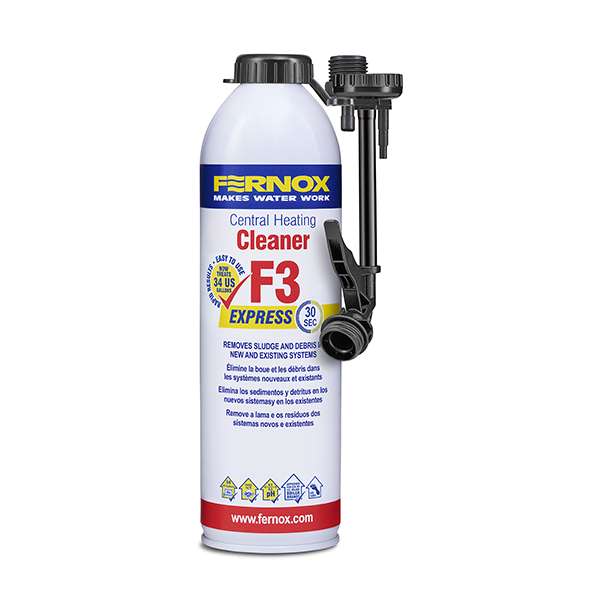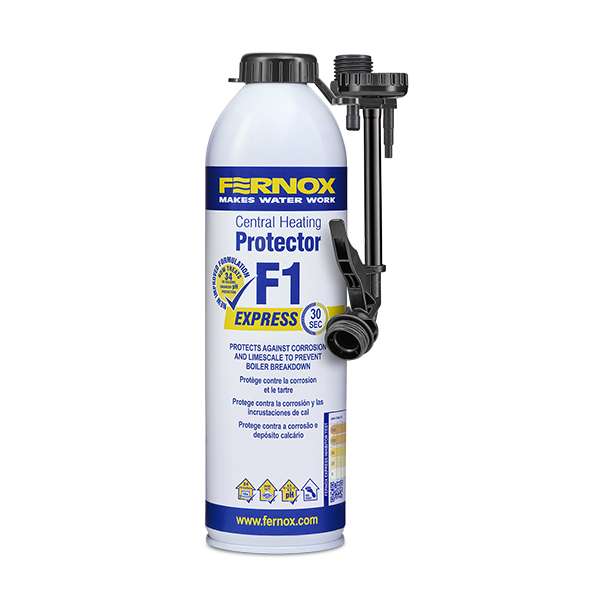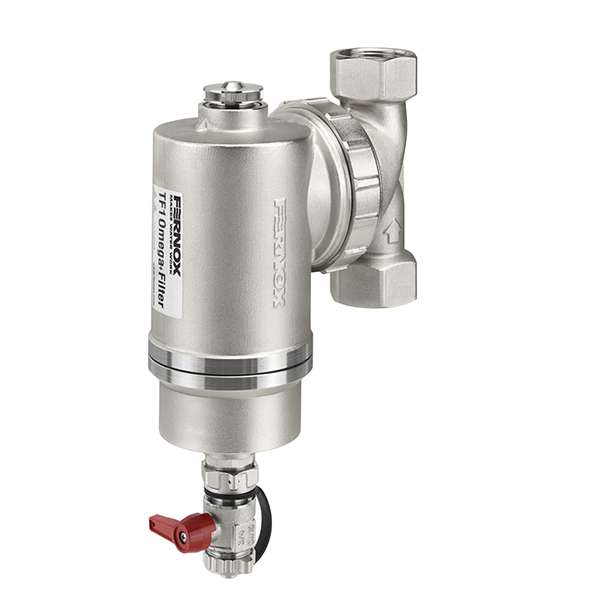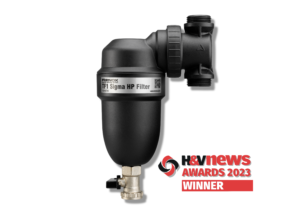Here, Richard Crisp, Head of Chemistry at Fernox, looks at the key reasons why heating system might underperform and recommends some of the preventative measures available, aimed at maintaining efficiency and extending the lifespan of the system.



To keep a heating system at optimal performance, there are two key things that must be kept in check:
- Corrosion
- Scale
If left untreated, each or combinations of these adverse effects can reduce a heating system’s efficiency, increasing both energy and maintenance costs and potentially leading to system failure.
When limescale forms in pipes or on the heat exchanger it means the system must work harder– with a direct correlation between the thickness of the scale and an increase in fuel wastage.
In addition, mixed metal heating systems are vulnerable to corrosion – as the metals react with the naturally-occurring minerals in water – leading to products of corrosion and sludge forming in the system causing baked- on deposits.
Maintaining the correct levels of chemical water treatment in a heating system is therefore essential. A good quality inhibitor will prevent corrosion and the build-up of sludge and scale that reduces efficiency which can ultimately shorten the life of the system. The best practice approach is to combine with an in-line system filter that will capture and contain sludge, dirt and any other installation debris which has entered the system. Fernox Protector+ Filter Fluid F9 is ideal. Used in conjunction with an in-line filter the unique inhibitor package includes an active dispersant which is proven to aid the safe collection of corrosion, debris and scale via a filter, guarding the boiler and vulnerable system components such as pumps and heat exchangers from damage.
For older systems or where inhibitor levels have not been maintained and sludge and contamination has accumulated, it is recommended that the system is cleaned thoroughly before being treated. A universal cleaner, such as Fernox Cleaner F3, can be used to remove sludge and restore the system performance.
Where corrosion has led to pinhole leaks and subsequent pressure loss, a leak sealer offers an ideal solution. Employing products such as Fernox Leak Sealer F4 eliminates the need for a complete drain down, avoiding system shutdown outside of the planned maintenance programme. Once dispersed into the system they work by finding areas of oxygen ingress and forming a polymer to seal the pinhole.
Scale and corrosion all contribute to energy wastage, poor system performance and the need for the early replacement of heating system components, it certainly makes commercial sense to invest in prevention, rather than pay for the consequences of an untreated system.
With the rising costs of energy and the environmental impact of untreated system water, the importance of optimizing the efficiency of HVAC systems has never been more important.
























